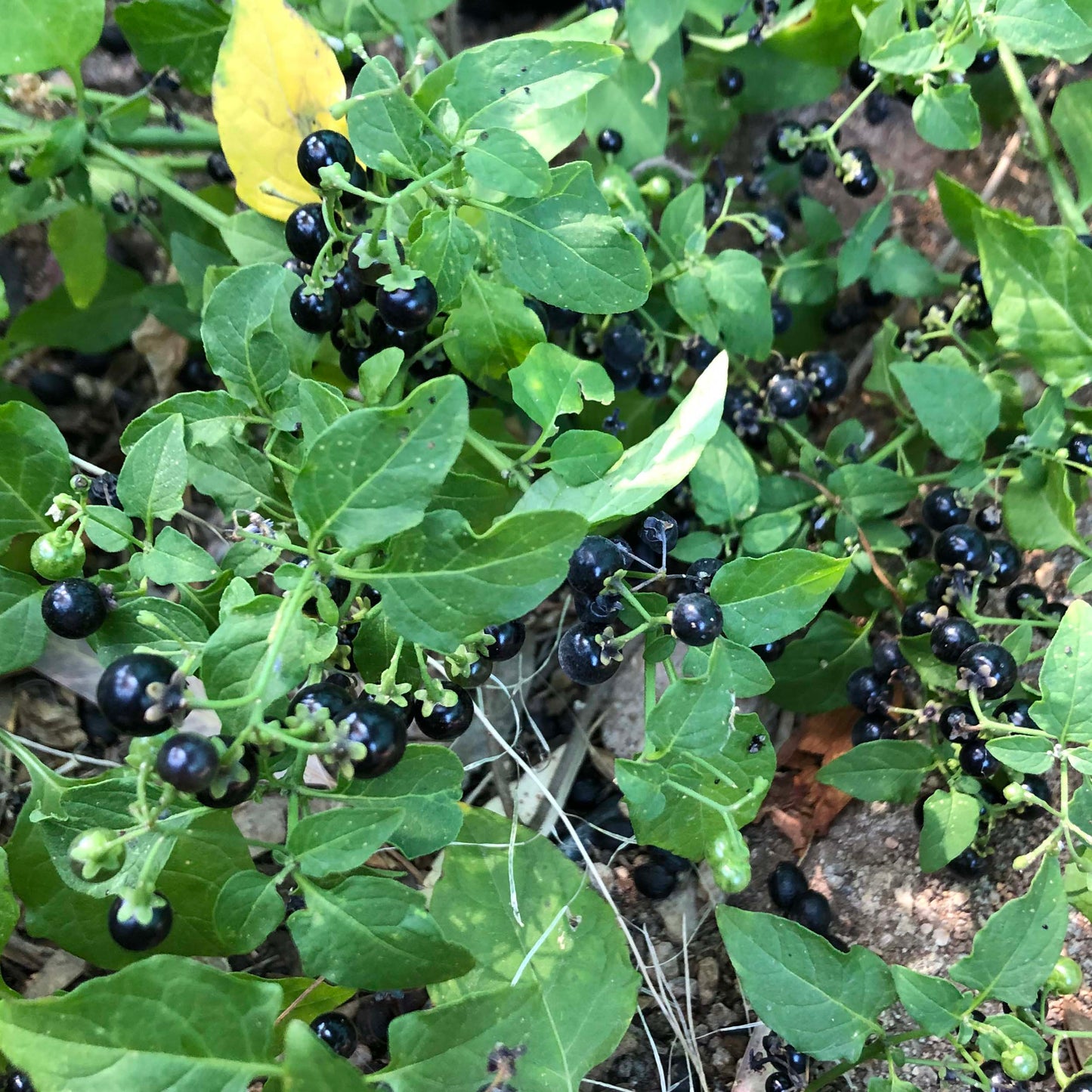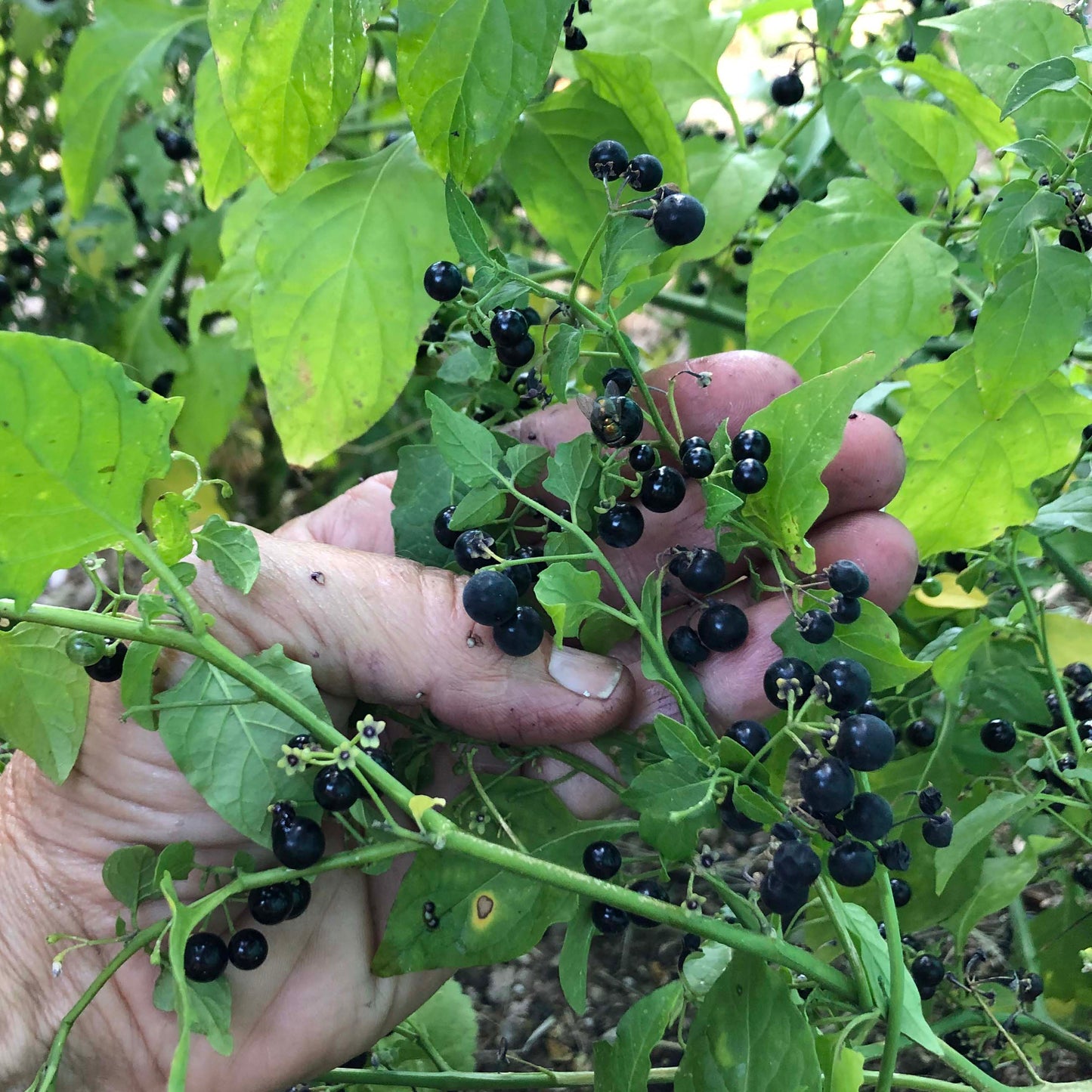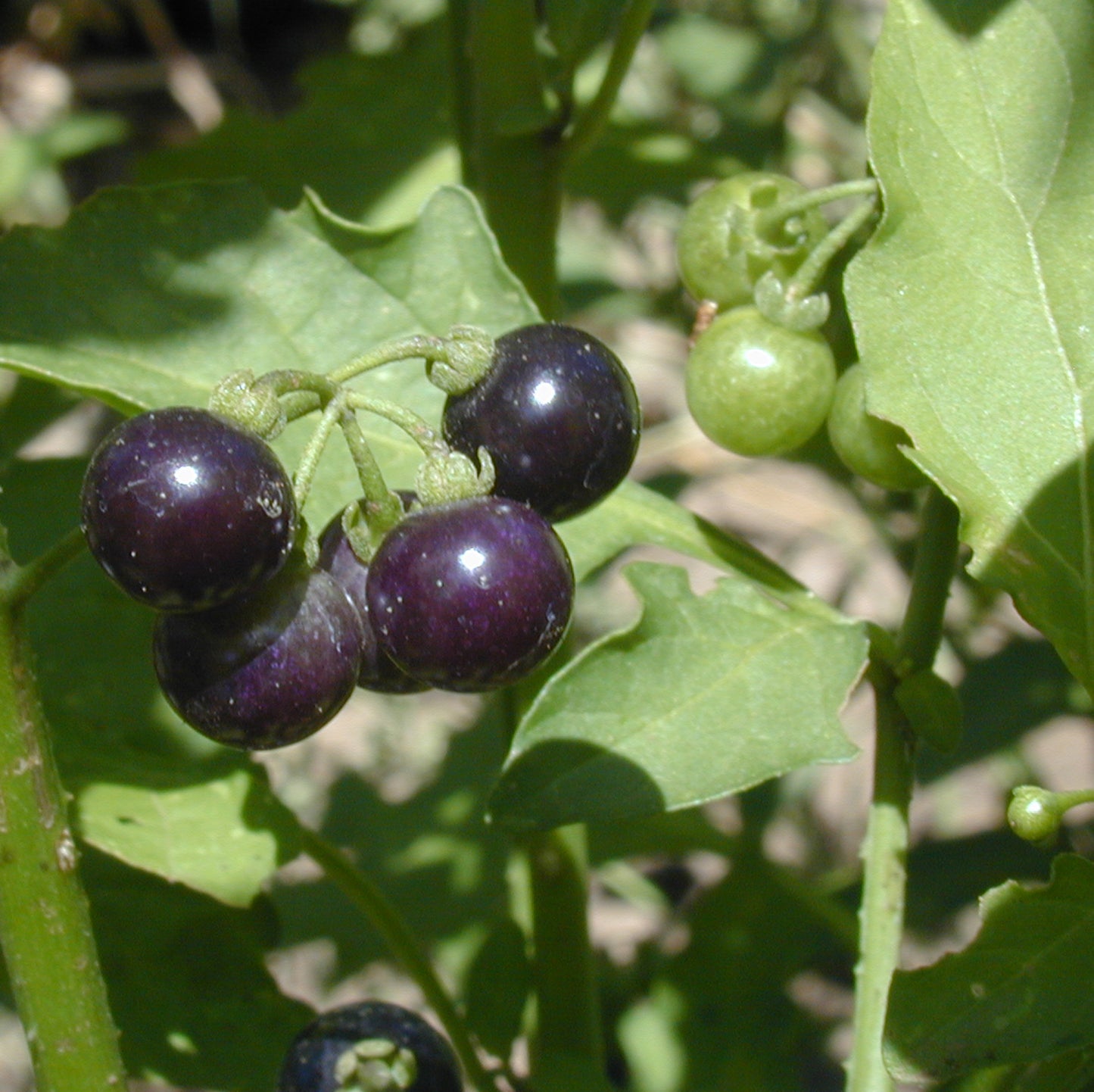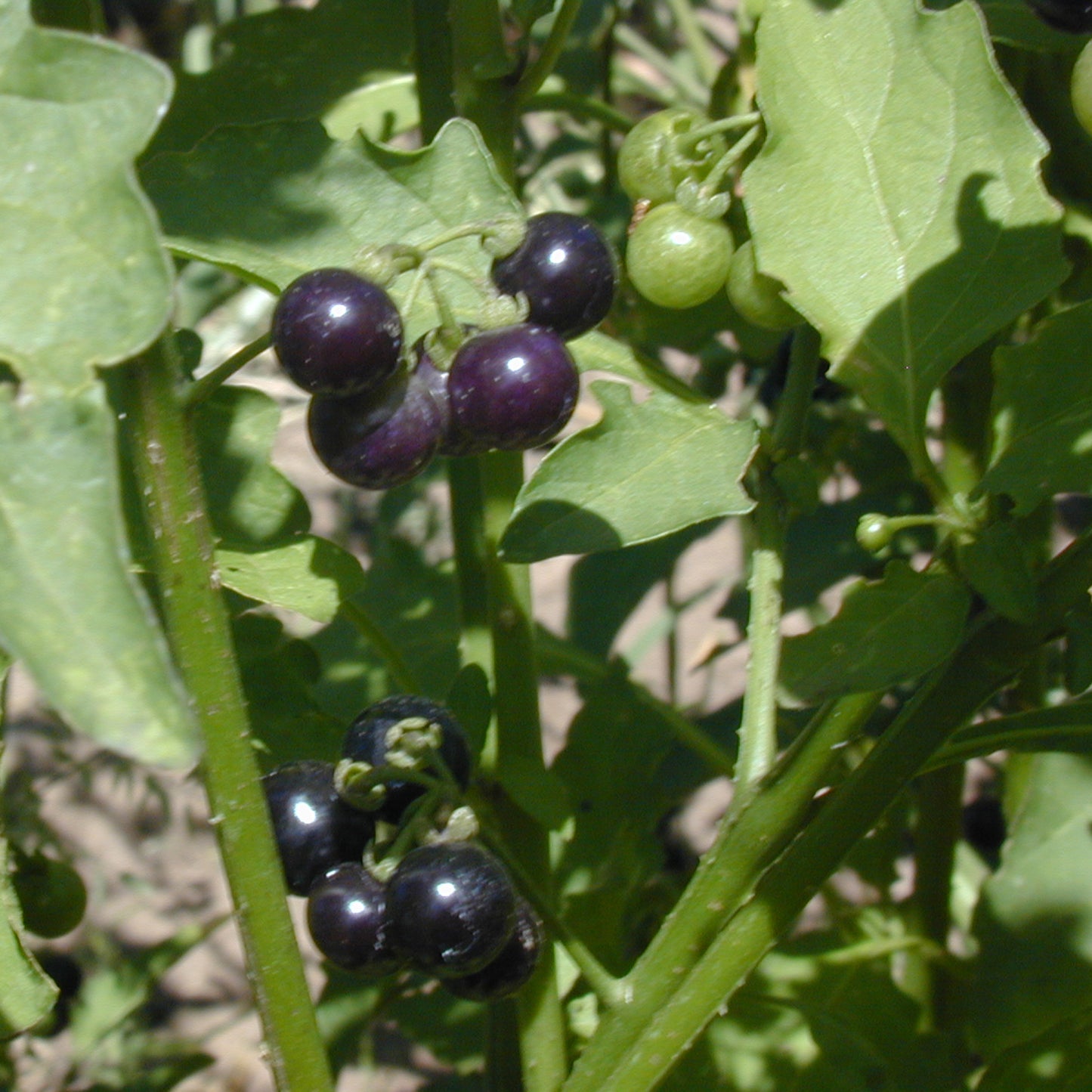This store requires javascript to be enabled for some features to work correctly.
-
BUY SEEDS
- Popular Warm Season Varieties
- Popular Cool Season Varieties
- Gift Card
- Garden and Seed Saving Supplies
- 2026 Seedlisting
- Monsoon Collection
- Amaranth
- Arugula
- Beans
- Beets
- Broccoli
- Brussels Sprouts
- Cabbage
- Carrots
- Chiles/Peppers
- Chiltepines (Wild Chiles)
- Corn
- Cotton
- Cowpeas/Black-Eyed Peas
- Cucumbers
- Devil's Claw
- Eggplant
- Gourds
- Greens - Cool Season
- Greens - Warm Season
- Herbs
- Kale
- Lettuce
- Luffa
- Melons
- Mustards
- Okra
- Onions and Garlic
- Panic Grass
- Parsnips
- Peas
- Radishes
- Sesame
- Sorghum
- Squash
- Sunflowers
- Swiss Chard
- Tobacco
- Tomatillos
- Tomatoes
- Turnips
- Watermelons
- Wheat
- Wildflowers
- Crop Wild Relatives
-
GIFT SHOP
- Digital Gift Card
-
BUY SEEDS
- Popular Warm Season Varieties
- Popular Cool Season Varieties
- Gift Card
- Garden and Seed Saving Supplies
- 2026 Seedlisting
- Monsoon Collection
- Amaranth
- Arugula
- Beans
- Beets
- Broccoli
- Brussels Sprouts
- Cabbage
- Carrots
- Chiles/Peppers
- Chiltepines (Wild Chiles)
- Corn
- Cotton
- Cowpeas/Black-Eyed Peas
- Cucumbers
- Devil's Claw
- Eggplant
- Gourds
- Greens - Cool Season
- Greens - Warm Season
- Herbs
- Kale
- Lettuce
- Luffa
- Melons
- Mustards
- Okra
- Onions and Garlic
- Panic Grass
- Parsnips
- Peas
- Radishes
- Sesame
- Sorghum
- Squash
- Sunflowers
- Swiss Chard
- Tobacco
- Tomatillos
- Tomatoes
- Turnips
- Watermelons
- Wheat
- Wildflowers
- Crop Wild Relatives
-
GIFT SHOP
- Digital Gift Card
-
BUY SEEDS
- Popular Warm Season Varieties
- Popular Cool Season Varieties
- Gift Card
- Garden and Seed Saving Supplies
- 2026 Seedlisting
- Monsoon Collection
- Amaranth
- Arugula
- Beans
- Beets
- Broccoli
- Brussels Sprouts
- Cabbage
- Carrots
- Chiles/Peppers
- Chiltepines (Wild Chiles)
- Corn
- Cotton
- Cowpeas/Black-Eyed Peas
- Cucumbers
- Devil's Claw
- Eggplant
- Gourds
- Greens - Cool Season
- Greens - Warm Season
- Herbs
- Kale
- Lettuce
- Luffa
- Melons
- Mustards
- Okra
- Onions and Garlic
- Panic Grass
- Parsnips
- Peas
- Radishes
- Sesame
- Sorghum
- Squash
- Sunflowers
- Swiss Chard
- Tobacco
- Tomatillos
- Tomatoes
- Turnips
- Watermelons
- Wheat
- Wildflowers
- Crop Wild Relatives
-
GIFT SHOP
- Digital Gift Card




